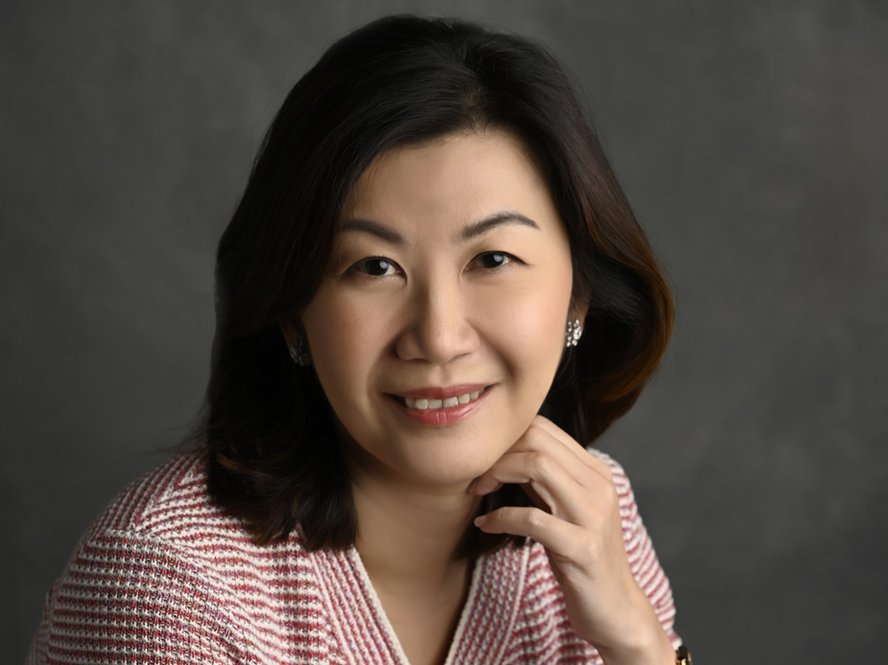Dive deeper into sentiments of Singapore’s investors at ATLSSG on Oct. 23, 2025
Eileen Yeo, chief executive officer of Mornington Services Pte, a Singapore-based family office with close to $500M in assets under management, is actively managing the liquidity and return of its private equity portfolio through the secondaries markets.
“We are open to [discussing] a potential sale only when approached by buyers,” said Yeo, in an exclusive interview with Markets Group. “If the indicative price offers a better return potential when redeployed elsewhere, we act.”
The firm will invest in diversified and sector-agnostic secondary funds. “We select managers based on their style. What matters to us is discipline in pricing and process, not chasing themes.”
She emphasized that Mornington’s engagement in the secondaries market is both opportunistic and strategic, noting it allows the firm to manage liquidity better while retaining exposure to private markets.
In terms of regional exposure, the fund has shifted away from Southeast Asia, as the family operating business is already based in that region. To avoid concentration risk and ensure diversification, the portfolio deliberately avoids additional investments — both public and private — in the region. This approach helps balance the overall risk profile by not overexposing the portfolio to the same geographic area as core business operations.
In buyouts, she favors funds targeting health care and technology, areas she said have delivered consistent performance across market cycles. “We prefer not to engage in consumer-focused strategies. And we’re not driven by size — we’re not anchored to mid-market or large-cap. We care about the performance and operational discipline of the manager.”
Within the space, the firm is heavily weighted toward the U.S. and Europe, and avoids Southeast Asia with a significant cut back from China. “We have no Southeast Asia exposure at all for risk diversification as our principals’ operating businesses are in the region.” explained Yeo. “China is a different story. The consumer remains weak, the property sector is overleveraged, and policy visibility is still lacking. We just don’t have enough clarity to underwrite consistent returns there.”
Venture capital makes up a much smaller slice of the portfolio. Yeo is cautious about the binary nature of outcomes and the long timelines required to see meaningful returns. Still, some strategies have worked: “We’ve had more success with early-stage managers who have a clear sector focus, particularly in enterprise software and [artificial intelligence] infrastructure,” she added. “Those timelines for adoption and monetization are easier to underwrite.”
Her broader investment philosophy is grounded in building resilient portfolios with clear visibility and straightforward construction. Since taking over as CEO in 2018, Yeo has moved the firm’s investment strategy away from managed segregated accounts with private banks to an asset allocator model.
When she joined, the portfolio was managed by private banks, and wasn’t ideal as the firm plays a “passive role in risk management and has limited visibility over the investment process,” said Yeo. “We aimed to strengthen our internal capabilities, take a more active role in strategic asset allocation, and improve fund selection. This shift has given us greater transparency into underlying managers and better control over performance and risk drivers.”
That shift proved essential during the coronavirus pandemic, when market conditions tested portfolios globally. “We realized how important transparency was during the pandemic,” said the CEO. “If you don’t know how your managers are hedging or positioned, it’s very hard to make timely decisions.”
At Mornington, Yeo has shaped a risk management approach centered on simplicity and flexibility —prioritizing tools that are easy to deploy and adapt across market conditions. In line with this philosophy, Yeo highlights the value of holding cash, describing it as an often-overlooked yet highly effective hedge that provides both liquidity and optionality in uncertain times.
“Many investors want to stay fully deployed, but we found that cash buffers allow you to cushion drawdowns and quickly deploy when there’s market dislocation, said Yeo. “But you need discipline — the real challenge is redeploying that cash quickly and not missing the rebound.”
“We also avoid complexity in hedging,” she said. “The simpler your portfolio, the easier it is to manage. If we hedge, we use basic puts or calls — clean and cost-effective.”
Geographically, the firm has leaned further into Japan and Europe equities, where Yeo sees both structural tailwinds and relatively better valuations. A Reuters survey in January 2025 found that 66% of Japanese companies said labor shortages (driven by demographic decline) are seriously or fairly seriously affecting their businesses, especially non-manufacturing and small firms.
“We’ve been watching Japan’s governance story for three years,” said Yeo. “Companies are cash-rich, starting to unwind cross-shareholdings, and returning capital through buybacks and dividends. Management attitudes are changing — they’re being compensated in stock, which aligns their behavior with performance.”
In Europe, the firm is focused on managers who are capitalizing on macro shifts, including higher defense spending and regional re-industrialization. Spending on equipment has increased in the region more than other areas of defense, reaching 33% of spending by European members of NATO last year, up from 15% in 2014, according to a report by Goldman Sachs. “You can’t ignore the impact of geopolitics anymore. We’ve found opportunities in long/short strategies that have picked up on these trends early.”
By contrast, China remains a clear underweight for the portfolio. “We don’t see a quick recovery in earnings,” said Yeo. “The structural issues — debt, weak consumption, and policy unpredictability — are too significant. Until that improves, our exposure will stay low.”













